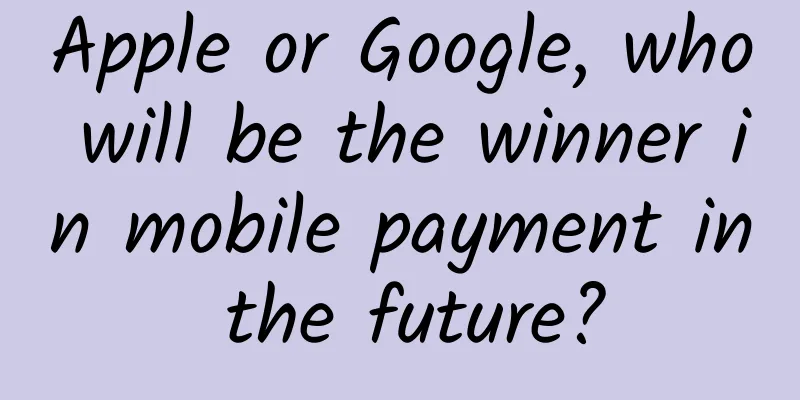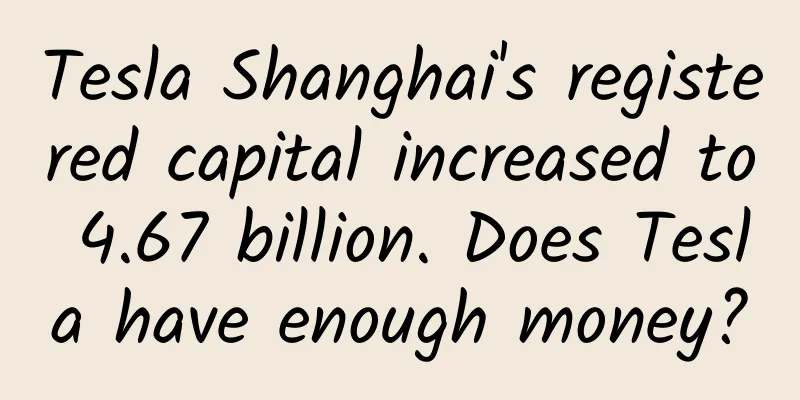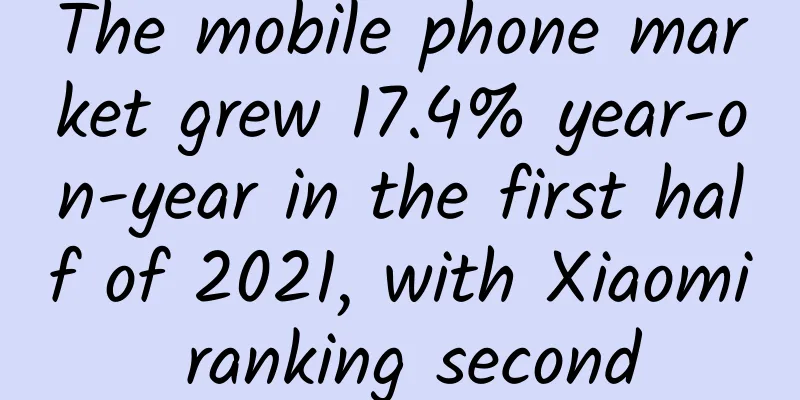Apple or Google, who will be the winner in mobile payment in the future?

|
June 8th news, according to foreign media reports, in the United States, due to the lack of consumer interest and the many obstacles faced by mobile payments, Apple and other companies must introduce new features to promote the popularization and development of this payment method. At its 26th annual Worldwide Developers Conference (WWDC) scheduled to open today, Apple is expected to unveil new features for its Apple Pay mobile payment service, including ways to incentivize consumers. At that time, Apple Pay may allow consumers to automatically obtain coupons, rewards, loyalty points, and promotions from specific merchants (or Apple itself) once a purchase is completed through an NFC-equipped iPhone or Apple Watch. Recently, Google also announced at the I/O conference that it will add similar features to the Android Pay service. But is this really a panacea for the problem? There are too few merchants supported and credit card payment methods are difficult to shake According to a large amount of survey and analysis data, Apple Pay can certainly bring a certain degree of novelty to consumers, but the American people as a whole are not very interested in paying through mobile phones or watches, especially today when credit card and cash transactions are so convenient. Research shows that some consumers are concerned about security and privacy issues, and even though NFC is theoretically more secure than the magnetic stripe on a credit card, it's not enough to allay people's concerns. At the same time, after trying mobile payment once or twice, many consumers choose to give up because they find it difficult to find merchants that accept this payment method. In March, Apple announced that 700,000 locations accept Apple Pay, which sounds like a lot. However, there are about 12 million physical payment terminals in the United States, and it will take more than 10 years to enable 90% of them to accept NFC payments. For example, it took 8 years to popularize smart card technology in Canada. A survey of hundreds of Americans and Europeans by IDC also showed a lack of interest in in-store smartphone payments. Will Stofega, an IDC analyst, said similar technologies from Apple, Google and others have not gained much traction, with few people interested outside of San Francisco and New York. Apple does not disclose the exact number of users who use Apple Pay. In January, CEO Tim Cook said that two-thirds of contactless payment transactions are completed through Apple Pay, which also includes NFC. But the overall amount of mobile payments is still quite low, accounting for only about 4% of in-store transactions in the United States. This percentage was announced in January by Verifone, a company that makes in-store payment terminal equipment. Stofega said adding consumer rewards to mobile payment technology would help, but it's unclear whether it would be a strong enough lure for people. A survey conducted by Kantar in April this year showed that 76% of iPhone 6 and iPhone 6 Plus smartphone users have not tried Apple Pay. However, it is worth noting that only 2.6% of them explicitly stated that they do not trust the technology, and only 4.1% said they do not know how to use it. According to Carolina Milanesi, chief researcher at Kantar, people don’t use Apple Pay or other similar services because they don’t need to and their credit cards can fully meet their needs. Another survey conducted by PYMNTS.com in March of 1,000 iPhone 6 owners also showed that only 15% had tried Apple Pay, and only 6% said they would continue to use it. Milanese agrees that adding consumer rewards will have a certain degree of appeal, but it won't be a critical factor. Mobile payment is a trend Patrick Moorhead, an analyst from Moor Insights & Strategy, believes that he is very optimistic about the future development of Apple Pay, not because of the new consumer rewards and points functions, but because Apple can continue to provide users with an extraordinary experience. In addition, the company will never use consumers' personal information for profit, which is very different from Google. At the same time, there are reports that Apple is working to sign the 100 largest retailers in the United States to accept Apple Pay within the year. According to Reuters, an Apple spokesperson said that half of the 100 retailers will begin accepting Apple Pay by the end of 2015, and the rest will complete the relevant preparations in 2016. However, according to Reuters' own survey, less than 25% of the top 100 merchants currently accept Apple Pay, while nearly 66% said they would not support Apple Pay this year. The main reasons cited by these merchants for not supporting Apple Pay are lack of clear consumer demand, lack of access to personal data on spending habits for Apple Pay transactions, and the expense of adopting the technology. Some merchants surveyed by Reuters said they are part of the MCX alliance and will adopt a new payment system called "CurrentC" later this year. Moorehead said that due to confidentiality agreements, Reuters' investigation cannot reflect the true situation. Moreover, as more merchants and consumers accept the technology, the remaining merchants will feel great pressure and eventually have to succumb to the trend. He is optimistic about the future of Apple Pay. As a winner of Toutiao's Qingyun Plan and Baijiahao's Bai+ Plan, the 2019 Baidu Digital Author of the Year, the Baijiahao's Most Popular Author in the Technology Field, the 2019 Sogou Technology and Culture Author, and the 2021 Baijiahao Quarterly Influential Creator, he has won many awards, including the 2013 Sohu Best Industry Media Person, the 2015 China New Media Entrepreneurship Competition Beijing Third Place, the 2015 Guangmang Experience Award, the 2015 China New Media Entrepreneurship Competition Finals Third Place, and the 2018 Baidu Dynamic Annual Powerful Celebrity. |
<<: Xiaomi Mi Band is hot-selling: Four ways to gain a foothold in the wearable market
Recommend
Tea drinking resources in the three towns of Wuhan
Wuhan high-end tea drinking is unique and very un...
How much does it cost to customize the Korla wood mini program?
The mini program provides convenience for publici...
Is the Canada goldenrod, which is "despised by everyone," a flower or a weed?
Produced by: Science Popularization China Produce...
Based on the phenomenon of product homogeneity, can operations personnel become the main force in product development?
Generally speaking, the product-related positions...
Himalaya: The highest level of ASO, how does Himalaya promote its apps?
The ASO master we are going to talk about today i...
Sogou Dictation will make stenographers unemployed. How many human fields will artificial intelligence invade?
Artificial intelligence is becoming the hottest t...
A complete Xiaohongshu traffic promotion plan!
Since May 2019, it has been a very difficult year...
Has Apple frequently adjusted its algorithm recently? We provide coping strategies!
1. Recent Algorithm Adjustments and Response Stra...
Behind the scenes of Keep, an app for weight loss: How did it reach 2 million users in 3 months?
In this era that is very tolerant of entrepreneur...
34-year-old anti-cancer internet celebrity passed away! To extend the survival of lung cancer patients, you can learn about these methods
Recently, the hot search topic #34-year-old anti-...
Is freshly slaughtered meat the freshest? The key to choosing a good piece of pork is to look at these 6 points →
Rumor: "Meat that has just been slaughtered ...
How do financial mini-programs work? How to promote financial WeChat mini-programs?
With the development of mobile Internet, finance ...
What to expect from Google's September 29 event
[[150711]] Apple, Samsung, Sony and Motorola have...
Can you see the vortex of Coriolis force in the toilet?
Produced by: Science Popularization China Produce...









